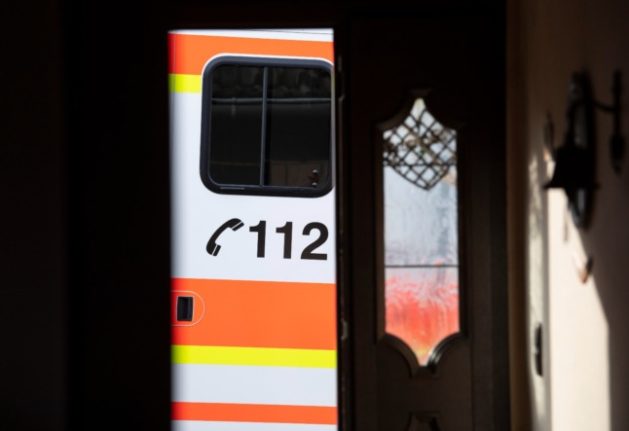In a detailed report by four leading researchers in city planning, the Hamburg Olympic bid is accused of playing down possible negative aspects of hosting the games in its campaign – and even manipulating public opinion.
And 20 more academics from Hamburg's top universities signed up, giving a potential boost to the no campaign in the run up to a city-wide Olympics referendum on November 29th.
The referendum planning has been “manipulative” while the data on how the Games would be put on is “not transparent,” the academics write.
Meanwhile the referendum question is loaded towards making people vote yes, they say.
The report criticizes several of the key claims of the bid, which wants to be the first carbon-neutral Olympic Games.
Infrastructure will have to be built for the games and then converted for later use in quick succession, demanding intensive usage of materials and energy, even though “there is no required usage after the games that could justify its construction”, the academics argue.
Meanwhile offsetting the greenhouse gas emissions caused by flying tens of thousands of athletes in and out of the city will be “extremely expensive” and hasn't been factored in, they say.
Constitutional breaches
The report goes on to attack another central claim of the 'yes' camp – that the games will be a driver of modernization.
A city has the duty to modernize anyway, say the academics – this shouldn't be a “gift “ of the Olympics. And the infrastructure built for the Olympics wouldn't match the city's needs perfectly, meaning money will be wasted.
And because the city has committed itself to reducing public debt from 2019, the costs will be borne by cuts to the social and cultural sectors, the report warns.
As well as likely increases in rents, security measures such as “the militarization” of certain areas will restrict freedoms of Hamburg residents, the report continues, warning that some of these measures will remain as a “legacy” of the games.
“It must be asked how far the IOC [International Olympic Committee] and the event organizers will infringe upon the constitutional rights of Hamburg citizens and how long this arrangement will last.
“Hamburgers are the ones paying for these measures, they are the ones who will be affected by them, so they have a right to know about them.”
The report is also highly sceptical of claims by the bid that it will stay within its €11 billion budget.
Hamburg's ambition to be the first city in 55 years to keep to their budget is “unlikely” to be realized, the authors conclude.
A spokesperson for the Hamburg senate reacted to the report by telling the Hamburger Morgenpost: “we want to show with our campaign that Olympics can happen on a modest scale. We are encouraging democratic participation, sustainable development and fiscal responsibility.”



 Please whitelist us to continue reading.
Please whitelist us to continue reading.
Member comments